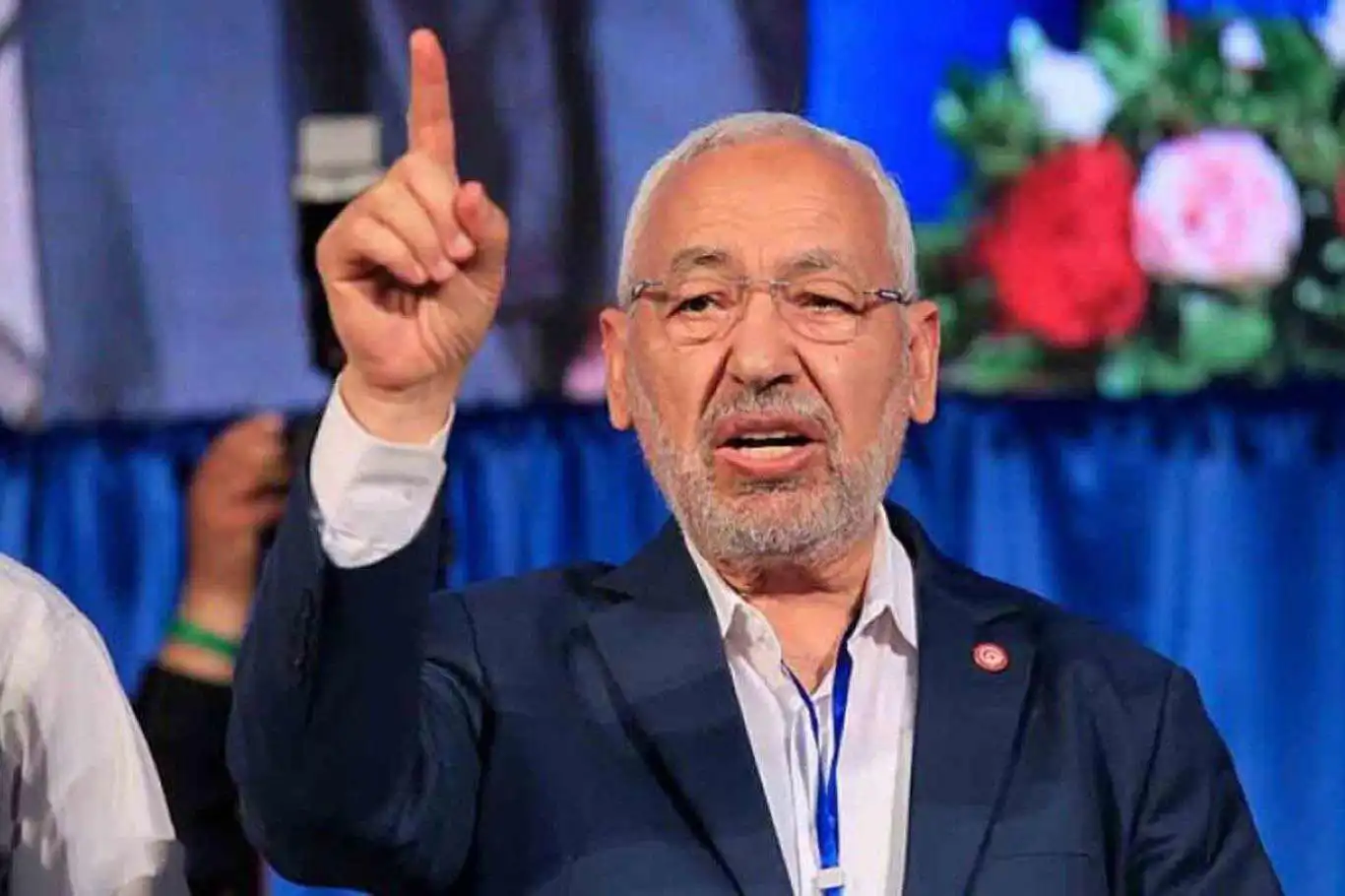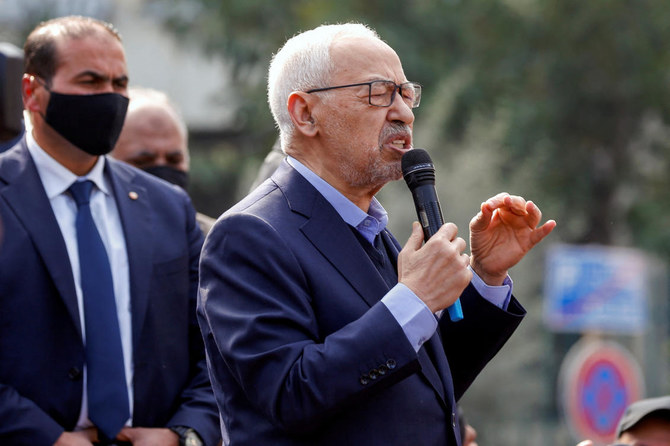Official news agency Tunis Afrique Press (TAP) reported that a Tunisian court has sentenced opposition leader Rached Ghannouchi to three years in prison on charges that his Ennahda Party received foreign contributions. The news comes as a crackdown on dissent in the North African nation intensifies.
TAP reported on Thursday that the trial court, which specializes in financial corruption, fined Ennahda $1.1 million for receiving foreign funds.
Rafik Abdessalem, the son-in-law of Ghannouchi and a former foreign minister, received a concurrent prison sentence of three years.
Ghannouchi, 82, a former speaker of the Tunisian parliament, was arrested and sentenced to one year in prison on separate allegations of incitement last year.
In the past, human rights organizations condemned the detention of Ghannouchi, charging that the administration of President Kais Saied repressed political opposition.
Ghannouchi received his sentence from the previous year in absentia due to his refusal to appear in court, wherein he contended that the allegations levied against him were of a political nature.
Amnesty International stated in 2023, “Tunisian authorities are increasingly using repressive, ambiguously worded laws to arrest, investigate, and in some cases prosecute dissidents and opposition figures as a pretext for repression.”
“The sentencing of Rached Ghannouchi demonstrates an alarming pattern of an expanding crackdown on opposition and human rights.”
As Saied endeavoured to consolidate power, the Tunisian government has detained a number of prominent opposition figures in recent years.
Saied, a former law professor who was elected in 2019, froze the Tunisian parliament in 2021 and subsequently dissolved it in order to govern by decree. Late in 2022, Tunisia conducted legislative elections that were marred by low participation due to an opposition boycott.
Saied effectively advocated for a constitutional referendum that augmented the executive branch’s authority in an earlier part of that year.
Saied’s seizure of power has been criticized by some as a “coup” that threatened to return Tunisia to the autocratic regime that existed prior to the 2011 uprising that toppled long-standing leader Zine El Abidine Ben Ali.
Human Rights Watch states in a fact document about Tunisia, “Saied has substantially undermined the independence of the judiciary since he seized power in an effort to subjugate judges and prosecutors to the executive branch.”
“In response to political opponents and perceived critics who engage in peaceful activism or publicly criticize the president, security forces, or other officials, the authorities have intensified their crackdown.” Arrests, travel bans, and prosecutions, occasionally in military tribunals, have been escalated.
However, Saied has stated that his policies are designed to combat government corruption and incompetence.
After the 2011 uprising, Ennahda became one of the largest organizations in Tunisia. Ennahda and the late President Beji Caid Essebsi shared power under Ghannouchi to help the country transition to democracy.
The Tunisian government shut down the Ennahda headquarters in Tunis last year.





